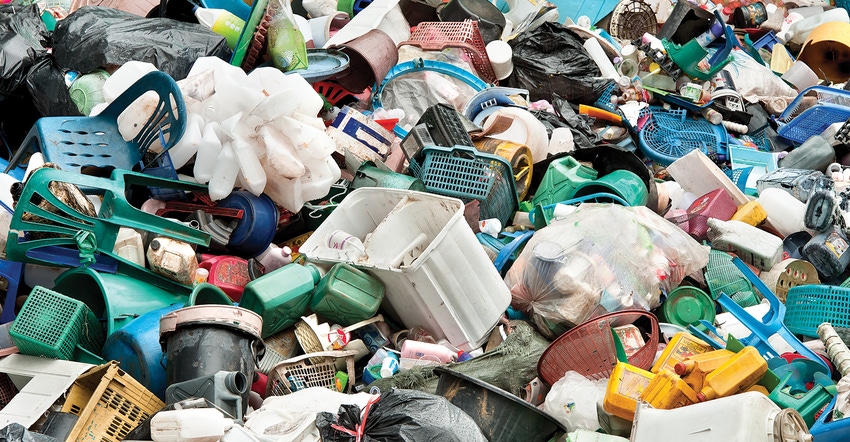May 18, 2021

OLYMPIA, Wash. — Today, Gov. Jay Inslee signed Senate Bill 5022 into law, limiting the use of unnecessary single-use plastic across Washington state.
The new law — introduced by Sen. Mona Das — bans the manufacture, sale and distribution of certain expanded polystyrene products, including packing peanuts, foam plastic coolers and foodware (i.e., cups, plate, bowls and clamshell containers). It also requires dining establishments to omit single-use plastic utensils, straws, cold-beverage cup lids and condiment packaging unless requested by customers — this applies to dine-in, takeout or delivery. Finally, the legislation establishes post-consumer recycled-content standards for plastic beverage bottles, personal care products, home cleaning products and trash bags.
The passage of SB 5022 makes Washington the first state on the West Coast and seventh U.S. state to ban polystyrene foam food containers. Washington is also the first state to ban foam plastic coolers.
“Today, Washington demonstrated its leadership in the fight against the growing plastic pollution crisis threatening our environment, health and future,” said Christy Leavitt, Oceana’s plastics campaign director. “Washington residents will now be able to skip much of the unnecessary and previously unavoidable single-use plastic that accompanies their meals.”
As part of Oceana’s campaign to reduce plastic pollution, our team of scientists, policy experts and campaigners in the Pacific Northwest collaborated with Plastic Free Washington coalition partners to pass SB 5022.
“Oceana applauds Gov. Jay Inslee, the Washington legislature, Sen. Mona Das, Rep. Liz Berry and other key bill sponsors for stopping plastic pollution at the source with this bill,” said Sara Holzknecht, Oceana's Washington field representative. “The West Coast has a long-standing reputation for setting the pace for environmental progress, and the passage of SB 5022 is another example of this as it builds the momentum around single-use plastic regulation in the United States.”
Scientists estimate that 33 billion pounds of plastic wash into the ocean every year. That equates to about two garbage trucks’ worth of plastic entering the ocean every minute. Just this past November, Oceana found evidence of nearly 1,800 marine mammals and sea turtles swallowing or become entangled in plastic in U.S. waters between 2009 and early 2020 — 88% of those animals were from species listed as endangered or threatened under the Endangered Species Act.
Plastic has been found in every corner of the world and has turned up in drinking water, beer, salt, honey and more. Recycling alone will not solve this problem — only 9% of the plastic waste ever generated has been recycled, and companies continue to push new plastic products onto the market. With plastic production growing at a rapid rate, increasing amounts of plastic can be expected to flood our blue planet with devastating consequences.
You May Also Like


